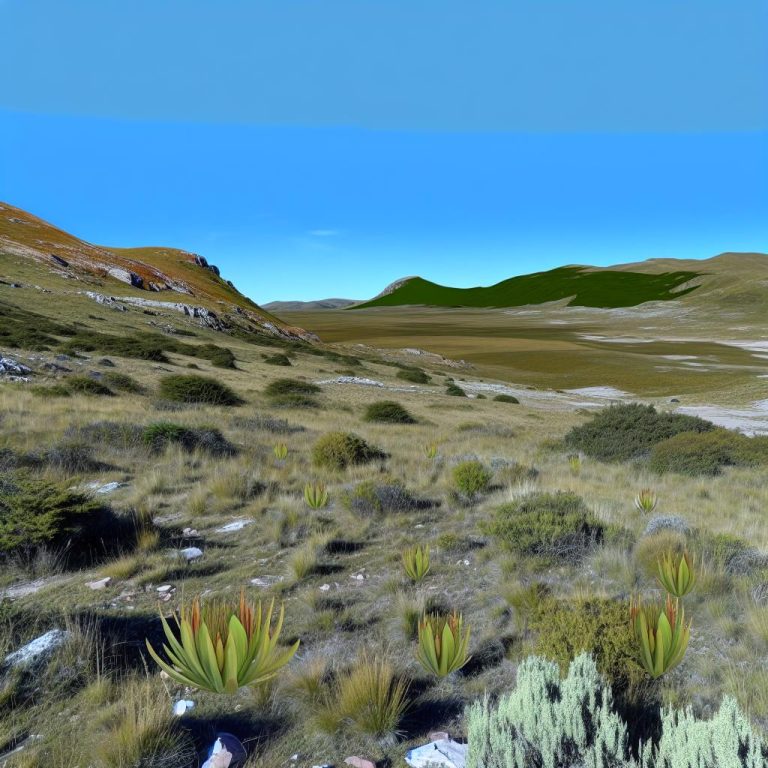Pampa de Achala Provincial Reserve The Pampa de Achala Provincial Reserve is a captivating protected area nestled within the heart of Argentina, specifically in the province of Córdoba. This expansive reserve is noteworthy for its distinctive ecosystems, diverse array of flora and fauna, and its crucial role in conserving natural resources. Geographical Features Set amidst…
Author: admin
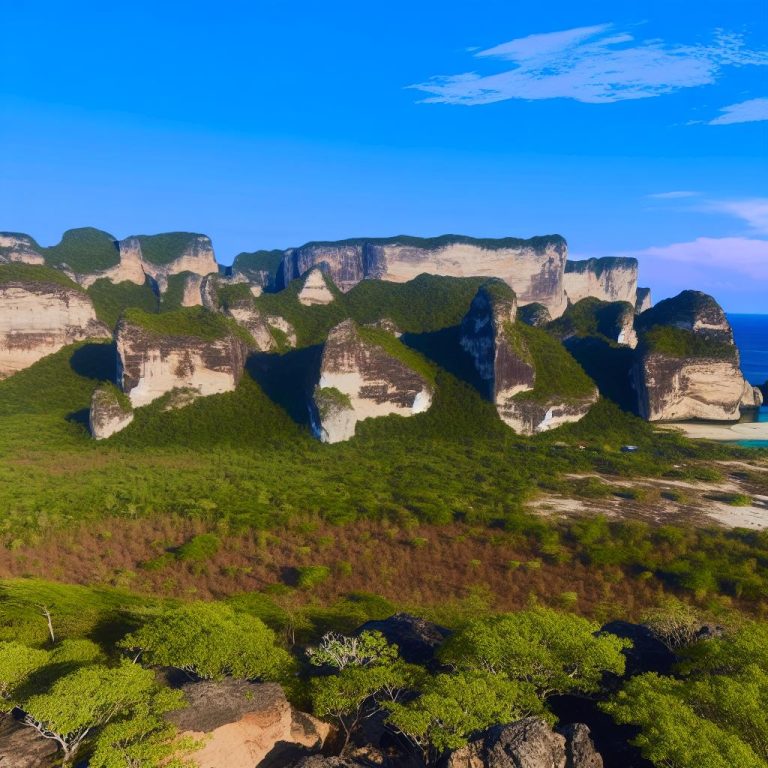
Monte León National Park
Introduction to Monte León National Park Monte León National Park is a significant natural reserve located in the southern region of Argentina, specifically within the province of Santa Cruz. Established in 2004, this expansive area includes a diverse coastal region along the Argentine Sea and is managed by the Argentine National Parks Administration. The park…
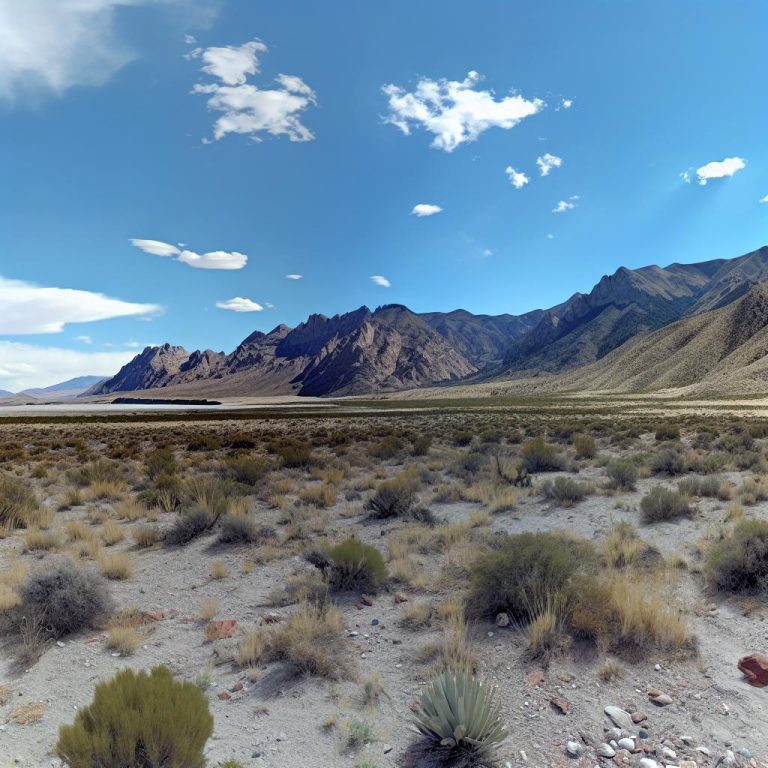
El Leoncito National Park
Introduction to El Leoncito National Park El Leoncito National Park, nestled in the province of San Juan, Argentina, represents a sanctuary where nature’s beauty converges with astronomical wonders. Officially designated as a national park in 1994, it sprawls across approximately 89,900 hectares, a robust offering from the Sierras Pampeanas region. Known for its vast mountainous…

Copo National Park
Copo National Park Overview Copo National Park, located in the Santiago del Estero Province of Argentina, serves as an essential conservation area dedicated to protecting the unique flora and fauna of the region. The park covers approximately 114,250 hectares and is renowned for its diverse ecosystems, which include dry forests and semi-desert areas. These ecosystems…
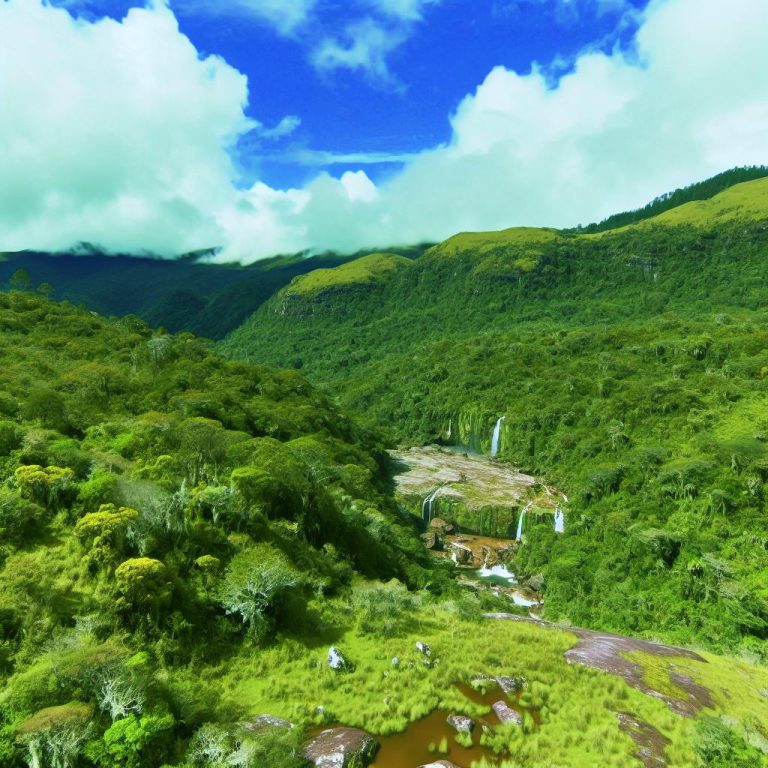
Calilegua National Park
Overview of Calilegua National Park Located in the northwest region of Argentina, Calilegua National Park is nestled in the Jujuy Province. Noted for its remarkable diversity in ecosystems and abundant biodiversity, the park was established in 1979, covering an area of over 76,320 hectares. This vast expanse is marked by a range of altitudinal gradients,…

Patagonian Fjords
Overview of the Patagonian Fjords The Patagonian Fjords are a spectacular series of fjords located in the southern part of Chile, in the region historically known as Patagonia. This remote and rugged landscape is characterized by a complex network of channels, inlets, and islands, which were carved by glacial activity during the last Ice Age….
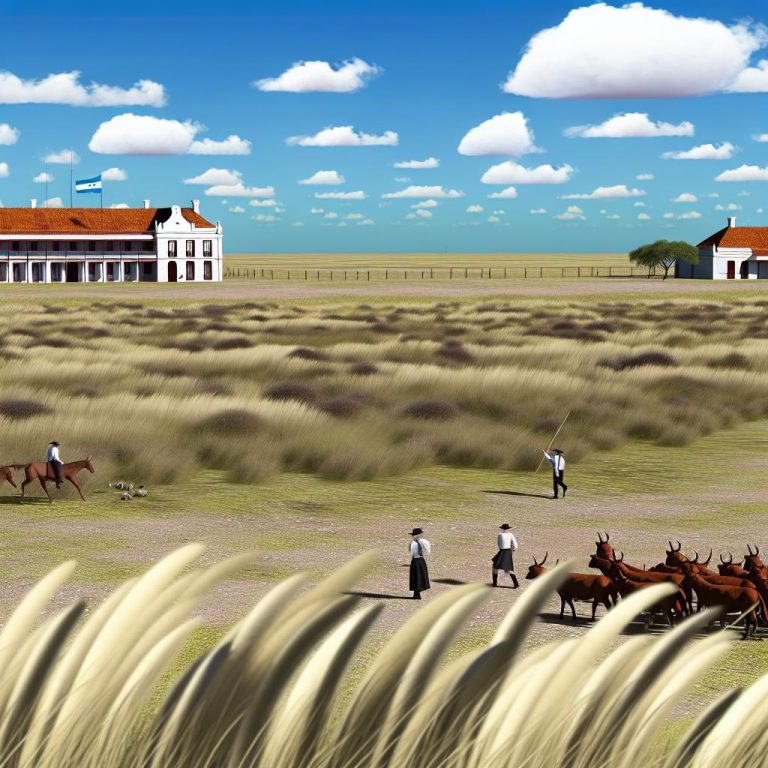
Estancias in Pampas
Introduction to Estancias in the Pampas The vast Pampas region of Argentina is renowned for its fertile plains and agricultural heritage. At the heart of this landscape lie the estancias, large rural estates integral to the region’s culture and economy. These expansive ranches play a crucial role in the country’s agricultural output, particularly in cattle…
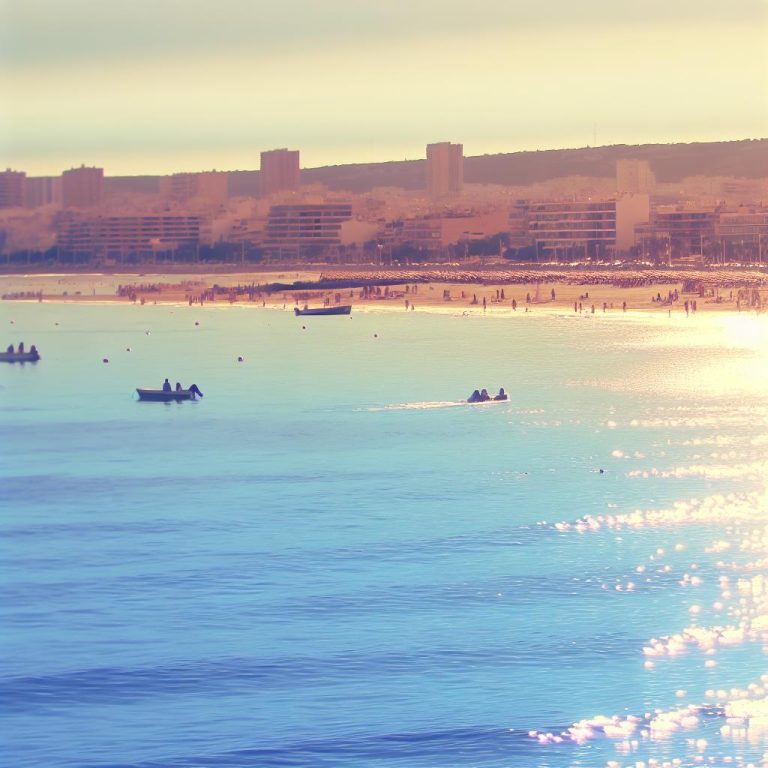
Mar del Plata
Mar del Plata is a prominent city situated on the Atlantic coast in the province of Buenos Aires, Argentina. Approximately 400 kilometers south of the capital city, Buenos Aires, it serves as a major port and a key tourist destination in the country. Its strategic position along the coastline not only provides scenic beauty but…
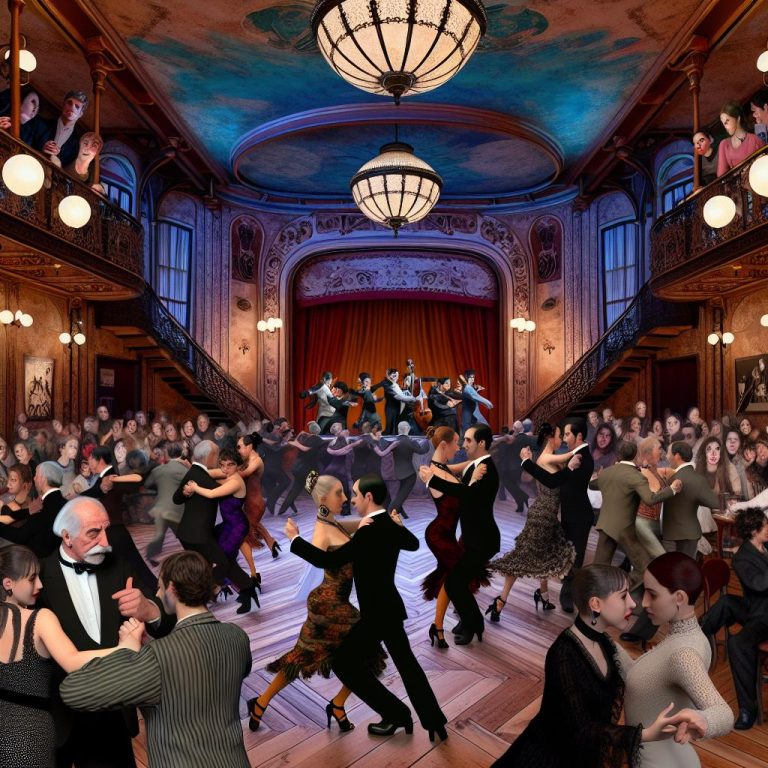
Tango Shows in Buenos Aires
Tango Shows in Buenos Aires Buenos Aires, often referred to as the “Paris of South America”, is renowned not only for its rich cultural heritage but also as the birthplace of tango. This dance form is an integral part of the city’s identity, and numerous venues in Buenos Aires offer captivating tango shows, reflecting both…
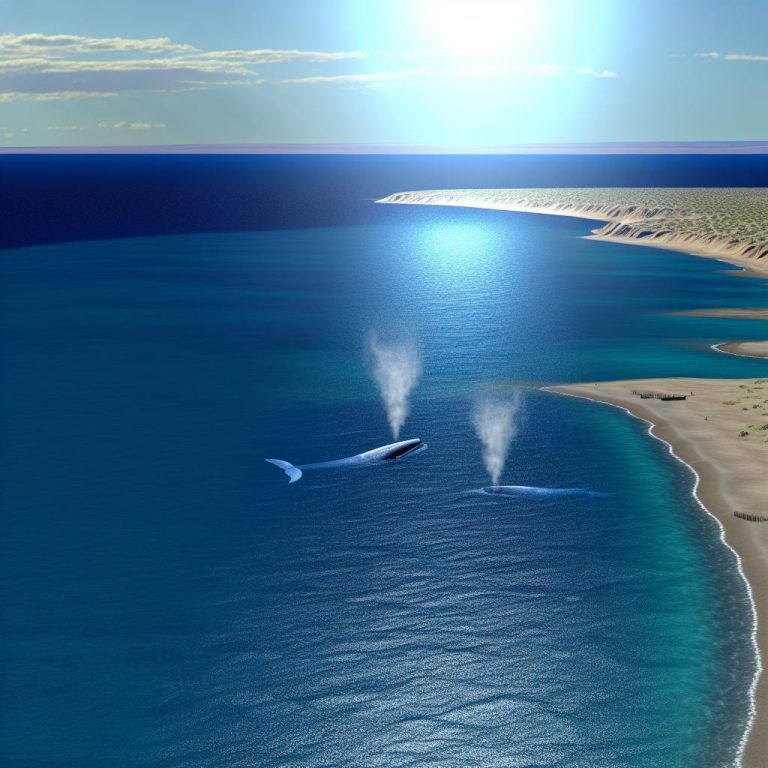
Whale Watching in Puerto Madryn
Introduction to Whale Watching in Puerto Madryn Whale watching in Puerto Madryn is a captivating activity that draws visitors from all parts of the globe to witness the grandeur of these magnificent marine mammals. Nestled in Argentina, Puerto Madryn’s fame largely comes from its strategic location near the Golfo Nuevo and the Península Valdés, which…

